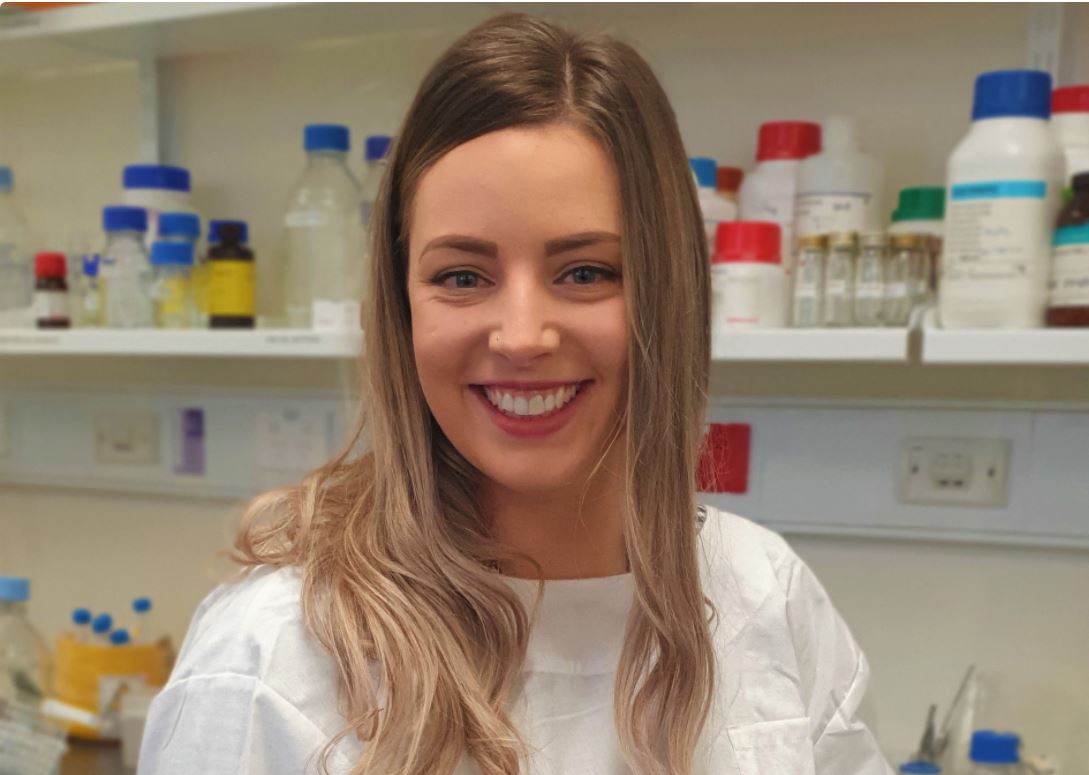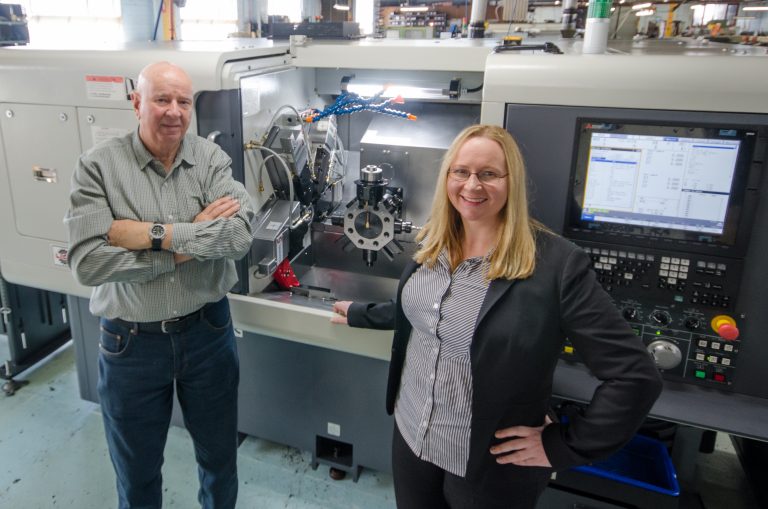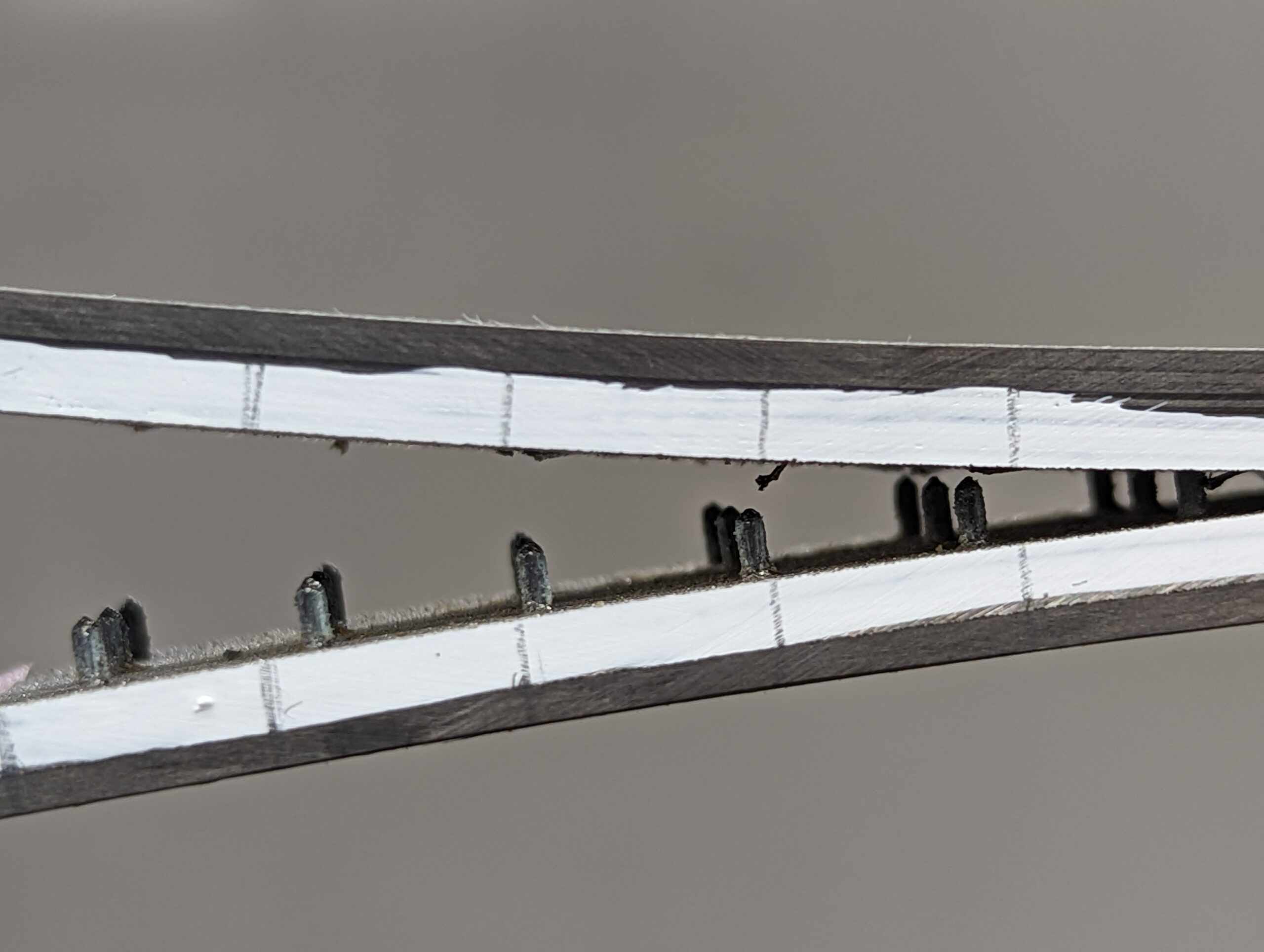The discovery of antibiotics in 1928 was a landmark in medical science. However, as antibiotics evolved, so did the very bacteria they were attacking, and antibiotic resistance soon began to rise.
In a bid to explore this growing crisis, PhD candidate Stephanie Lynch of La Trobe University undertook a research project to treat antibiotic resistant skin infections through a unique form of therapeutics: bacteriophages – good viruses that kill bacteria.
With support from a DSI Research Higher Degree (RHD) Grant, Stephanie studied hitherto unresearched varieties of bacteriophages (or phages). She worked closely with La Trobe’s Assoc. Prof Karla Helbig, Head of Microbiology Discipline, Professor Travis Beddoe of AgriBio, a premier bioscience facility, and Assoc. Prof Steve Petrovski, who has over a decade’s experience in studying phages and their application in medicine and defence.
“The DSI RHD Student Grant provided financial support to attend conferences and workshops and access networking and personal development opportunities that were invaluable to my research,” said Stephanie.
The project led to the successful isolation of novel phages that have shown promising results in targeting Staphylococcus spp., bacteria commonly found in wound infections of military personnel, particularly burn injuries. The team also developed and optimised a silkworm model for in vivo phage therapy trials against multiple bacterial diseases.
“I would highly recommend students interested in defence-related research to apply for this grant,” added Stephanie, who, although having had no prior experience in the defence sector, was able to apply her skills to contribute towards solving a real-life defence challenge.
In addition to the successful outcomes for medical science and defence, it was discovered that the developed phages also helped break down pathogenic veterinary strains. This led to an unexpected collaboration with the Melbourne University Veterinary Centre in Werribee and additional funding from the Canine Research Foundation in 2020-2021.
This project will guide the defence research sector into new wound treatment options for military personnel, while addressing the global concern of antibiotic resistance.
Stephanie Lynch’s story of research progression is one of many at DSI and demonstrates how research outcomes from a variety of fields and disciplines are transferable and of value within the defence sector.
To learn more about this and other projects and find out how we can help advance your research, please contact us at dsi.info@defencescienceinstitute.com.



